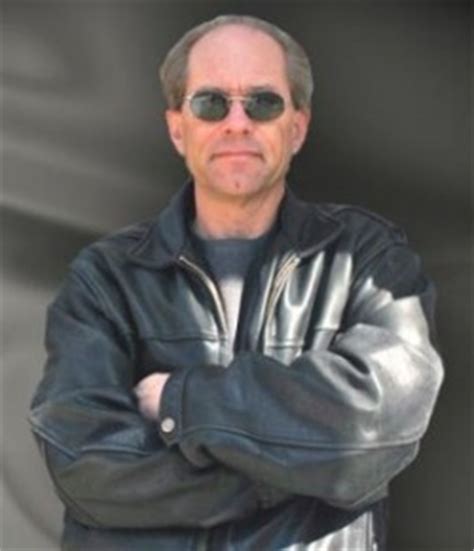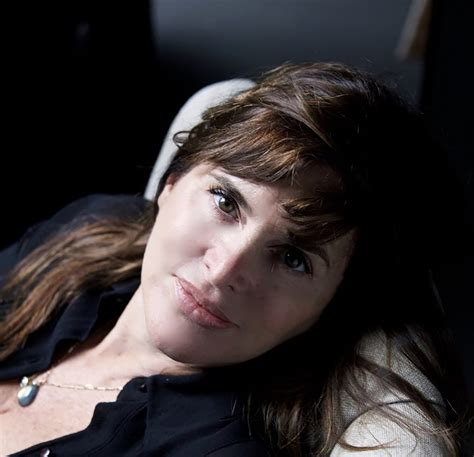A Quote by Sandra Cisneros
If you live in poor neighborhoods - I know from living in several poor neighborhoods - the worst supermarkets in the city are in the poorest neighborhoods, where people don't have cars.
Quote Topics
Related Quotes
The schools that suffer are the schools in, in poor neighborhoods. They are the neighborhoods with the greatest need, with the parents struggling to work and to make ends meet. They don't have enough resources to give, they don't have enough resources to pay more, and these are the neighborhoods that go first.
If the "rich" were swarming into poor neighborhoods and beating the poor until they coughed up the dimes they swallowed for safekeeping, yes, this would be a transfer of income from the poor to the rich. But allowing taxpayers to keep more of their money does not qualify as taking it from the poor - unless you believe that the poor have a moral claim to the money other people earn.
If we are all endowed by our creator with the right to pursue happiness, that has to apply to the poorest neighborhoods in the poorest counties, and I am prepared to find something that works, that breaks us out of the cycles we have now to find a way for poor children to work and earn honest money.
So one of the profound things we found when studying these congregations, the mixed ones, is just how much overlap and interracial ties that develop not only with the people in the congregation, but they start meeting each other's families, and their friends, and they go to each other's neighborhoods if they live in different neighborhoods, and at work they meet people they wouldn't otherwise met, and so it creates a whole new definition of what the group is.


































